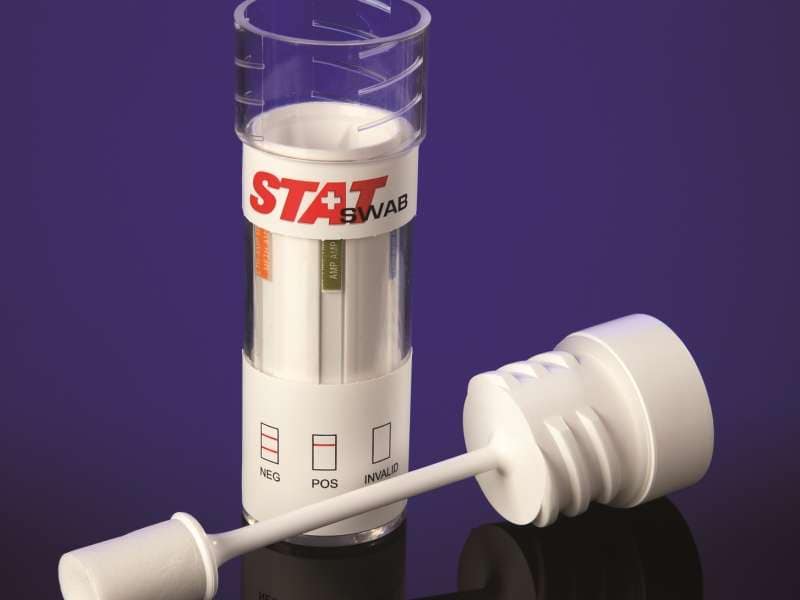Recent Articles
Popular Makes
Body Types
5 Things You Didn’t Know About Sobriety Checkpoints
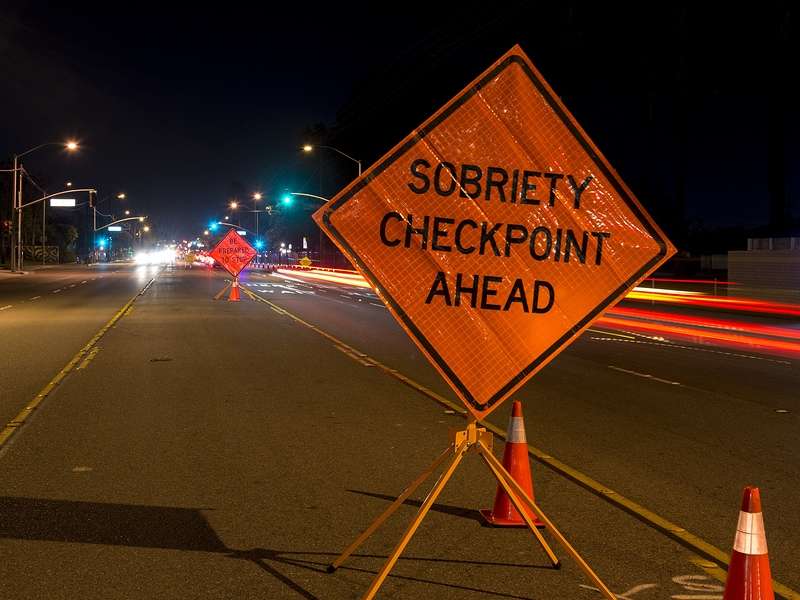
sobriety checkpoint sign
With summer in full swing, there will no doubt be hundreds of sobriety checkpoints all over the U.S. in the coming months. These sobriety checkpoints are in place to keep the public safe while acting to crack down on those who may be driving under the influence of drugs or alcohol. While each state has their own set of rules and regulations, the following interesting tips and pointers will help the non-impaired driver navigate these checkpoints.
Checkpoints are Publicly Announced
Advanced Publicity is a Constitutional Prerequisite otherwise the checkpoint is deemed unlawful. This little fact goes against all common sense at first. It would seem like publically announcing upcoming checkpoints would empower law-breaker to simply find another route (if the location was announced). There are numerous outlets on the web that will identify and disseminate information about upcoming checkpoints and roadblocks.
And that is just fine by the local law enforcement agencies for a couple of reasons:
- Conveys increased likelihood of being caught therefore deterring drivers from breaking the law
- Inform the public that drunk driving offenses are serious
- Gives Checkpoints Legitimacy
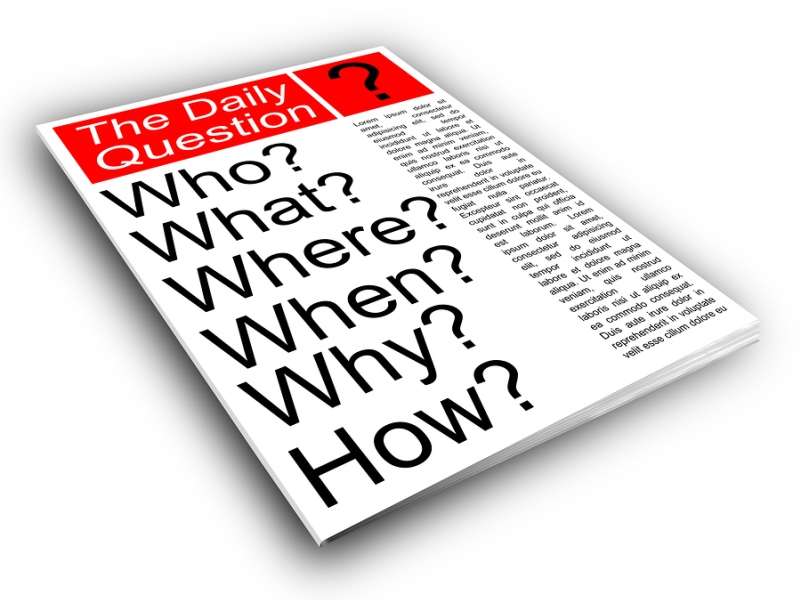
Checkpoints are NOT a Waste of Time and Public Money
A checkpoint can sure throw a wrench in your driving plans. They may delay your arrival time and spend county/city money but the positives far outweigh the negatives. Besides taking dangerous drivers off the roads, checkpoints actually save public money in the long-run. According to MADD, every $1 spent saves the community anywhere from $6-$36 in costs from alcohol-related crashes.
What's more though, is that a driving under the influence conviction can cost you up to $20,000 according to a BankRate study. This factors in things like fines, bail, attorney fees, car impound fees, court costs, and the list goes on.
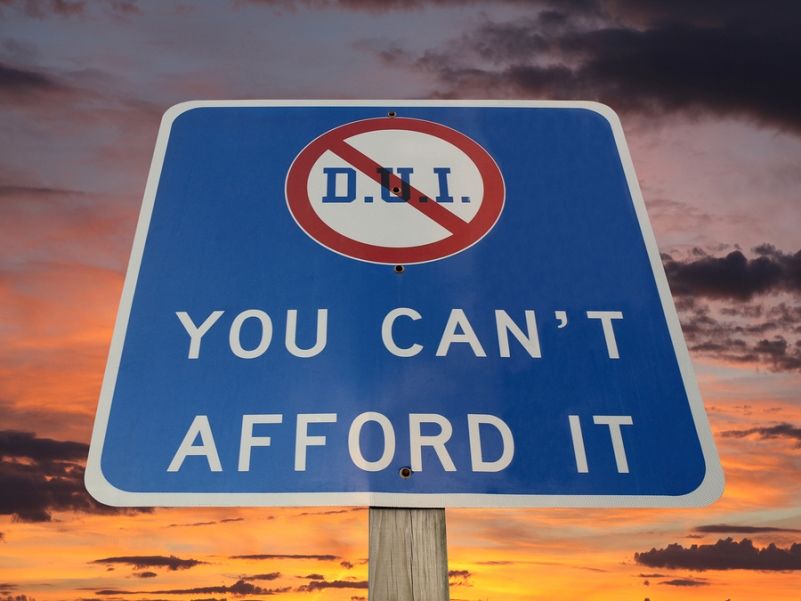
Arguing your 4th Amendment Rights
While you may think the Fourth Amendment protects you from “unreasonable searches” without a warrant; you would be wrong when it comes to a sobriety checkpoint. And arguing this matter with a Police Officer is probably not a good idea. The Supreme Court has indeed ruled that reasonable suspicion is enough conduct a search or give the driver a sobriety test.
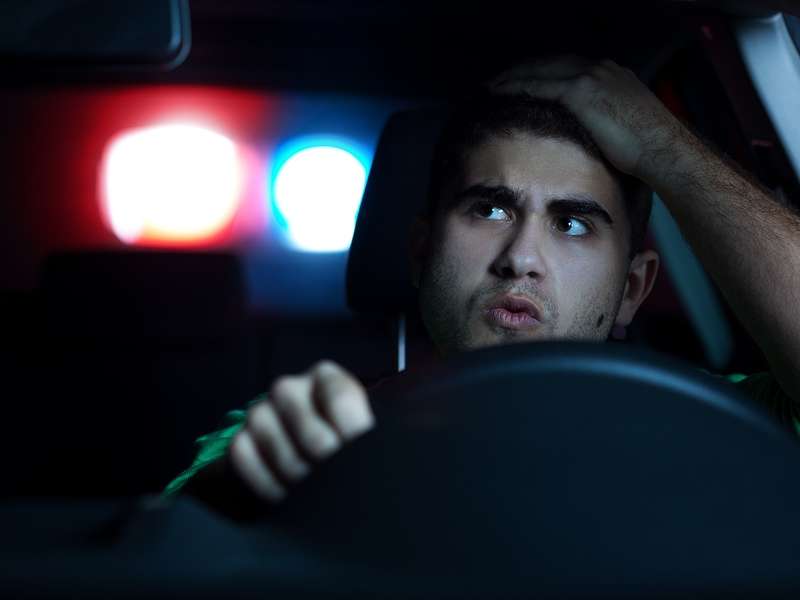
Not All States Conduct Sobriety Checkpoints
According to the GHSA, there are a handful of states that either prohibit or choose not to conduct sobriety checkpoints. That does not mean there won’t be a saturation or roving patrol looking for traffic violators during high-risk periods.
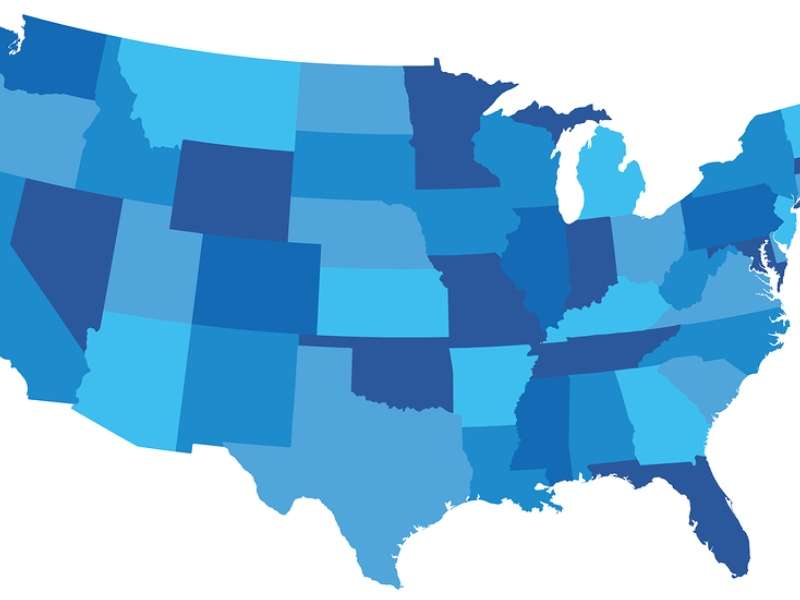
Checkpoints Target More than Just Drunk Drivers
A recent LA Weekly article sheds light on oral swab tests which the LAPD are using to test for the use of drugs. This new development means that law enforcement can now test for drug usage (specifically Marijuana) by using a saliva swab test kit. This test combined with a breathalyzer allows officers to take dangerous under-the-influence drivers off the streets.
